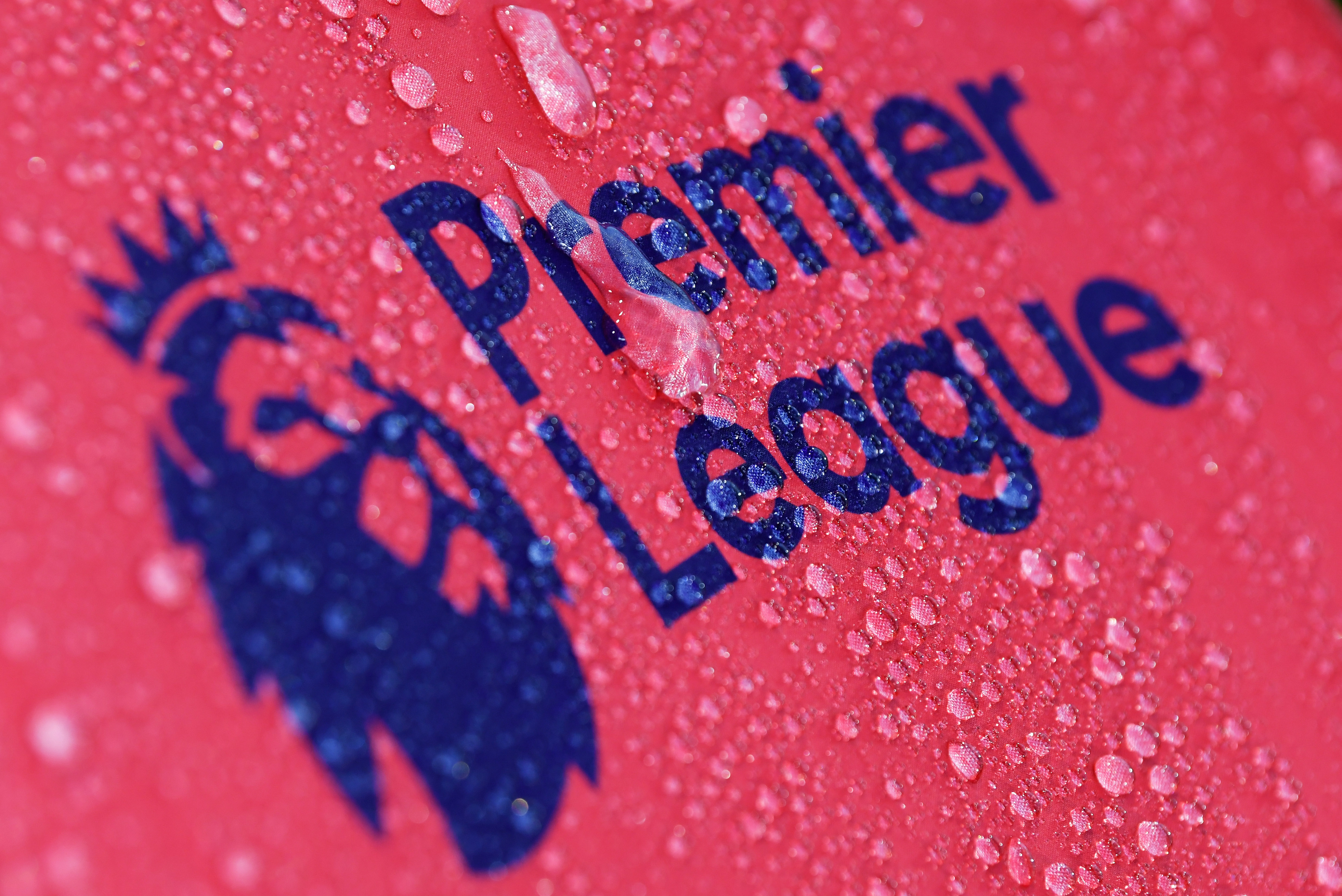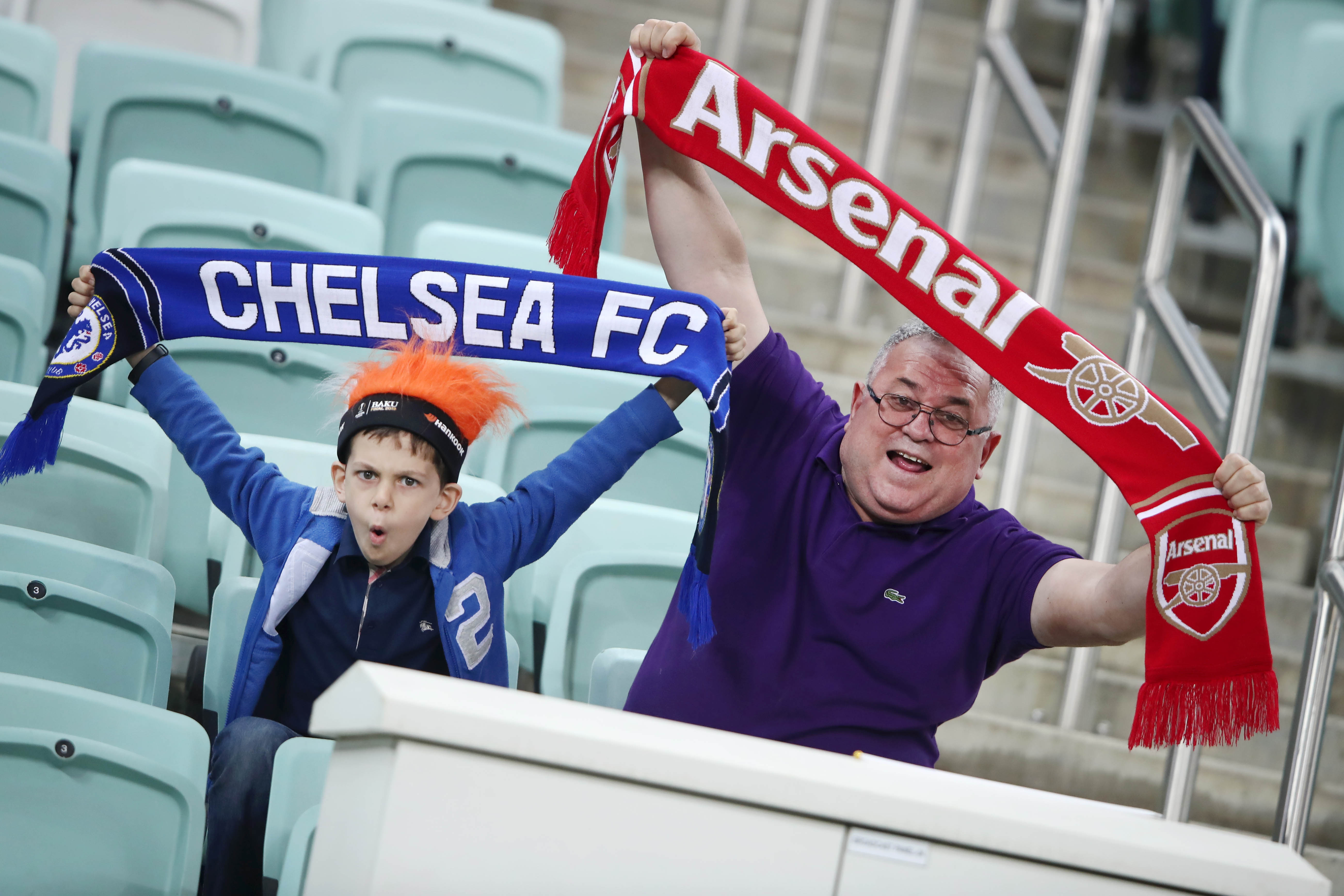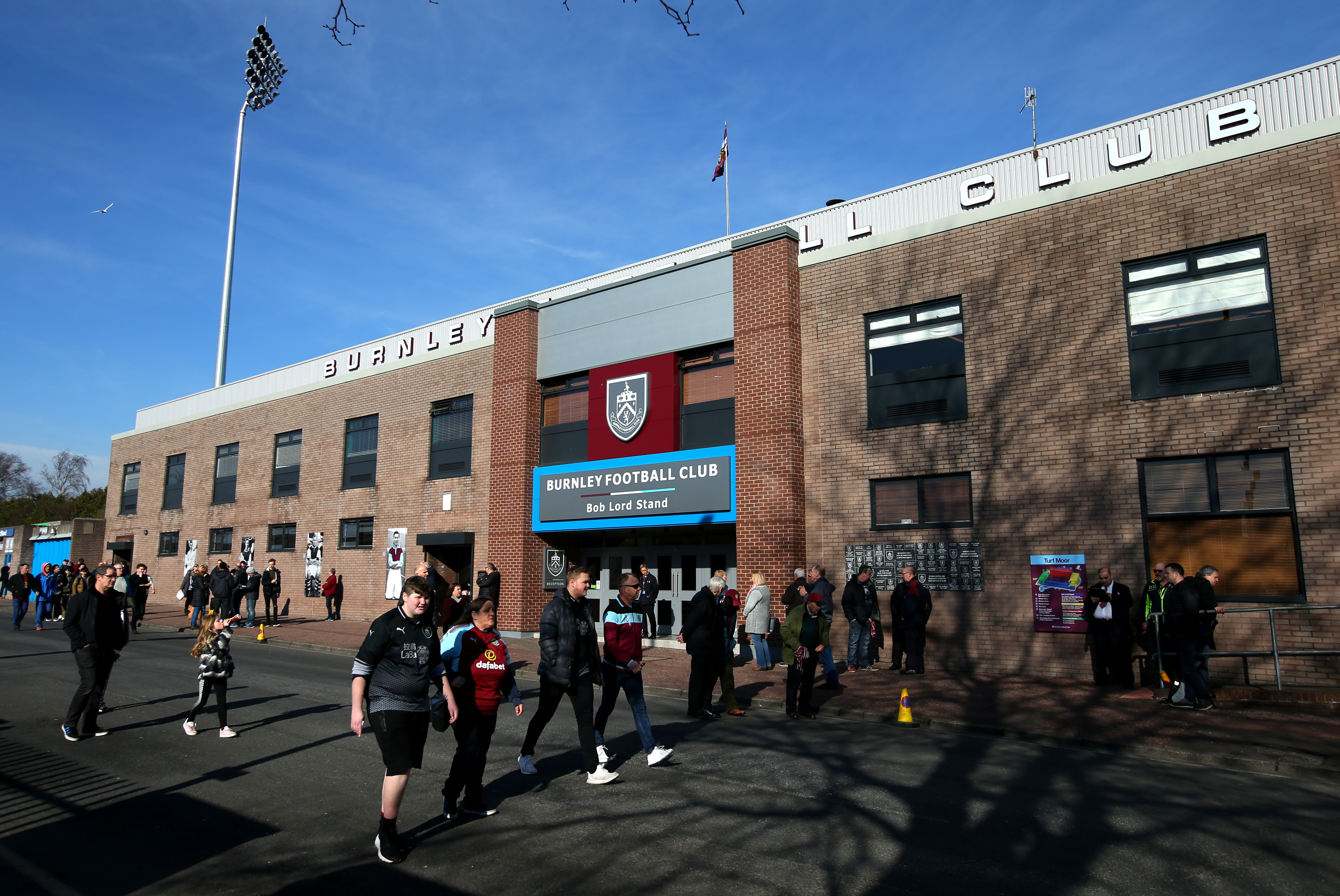A whole year after he scored the winning goal in a World Cup final, Mario Gotze finds himself reduced to a peripheral figure. Despite possessing obvious talent and ability, his inability to find a common place in Guardiola’s system has stunted his development, leaving the once golden boy of Germany, looking from the outside, in.
A product of Borussia Dortmund’s academy, Gotze made a rapid meteoric rise to the top. At the age of only 17, he replaced Jakub B aszczykowski to make his senior team debut. In the following six years, he was awarded the Bundesliga Young Player of The Year, reach the Champions League final, and attain a legion of new followers the world over. All this development however culminated in one, controversial move. Despite singing a contract in 2012, Gotze’s release clause was set by Dortmund at a 37 Million. Germany’s elite team Bayern Munich, jumped at the oppurtunity and wrapped a deal for the prodigious playmaker before the Champions League Final meeting between the two.
Two years down the line however, it is Dortmund who experience Schadenfreude as Gotze’s career has only taken steps backwards since his departure from the Westfalenstadion.
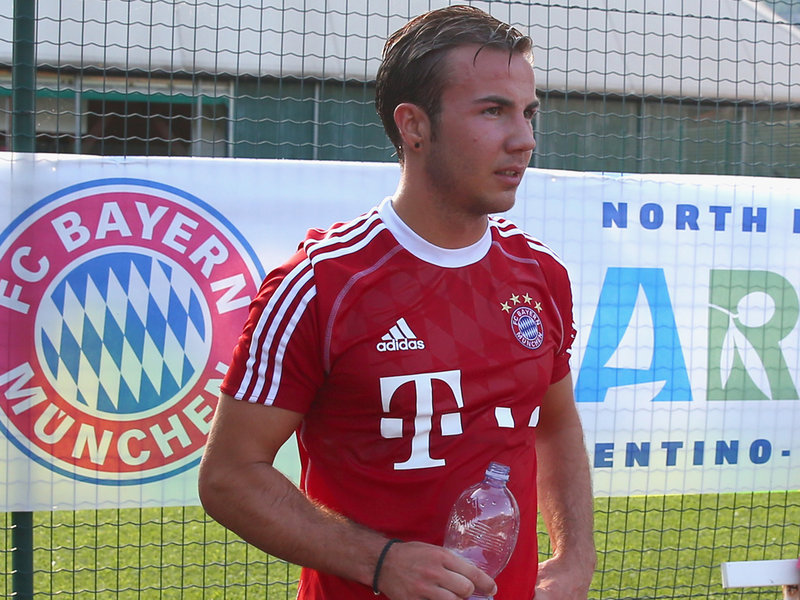
Guardiola’s arrival heralded a new phase for Bayern Munich. Fresh off of winning the treble, the Bavarian giants required a long-term strategy to stay at the very top. Roping in a man who’s done it before, seemed the most logical step. People began assuming many theories and ideas, principally among them, that Gotze would be his new Messi. Former manager Jurgen Klopp fed fire to this, as he explained why they couldn’t keep Gotze at Dortmund
“He [G tze] is a Pep Guardiola favourite.”
Vilified by his former supporters, and labelled ‘greedy’ by the presses, Gotze’s start at Germany’s biggest club didn’t take off with much fanfare. His tenure on the pitch slowly followed suit.
Operating a 4-1-4-1 system at Bayern, Gotze would’ve rather flourished under Jupp Heynckes’ 4-2-3-1. His use of Thiago, Schweinsteiger and Kroos in a midfield trio, aiding Robben Ribery and Mandzukic in the final third, became a winning combination for Bayern as they stormed to an early unbeatable domestic lead. By mid October however, Gotze began to come into his own, as he started plying in Kroos’ advanced midfield position, as well as Ribery’s left wing. He found his niche as an impact substitute, netting in crucial goals against the like of Plzen in the Champions League and Hoffeinheim in the Bundesliga. His upward trajectory received an even bigger boost when he scored the winning goal against his former teammates, though he refused to celebrate.
.
By January, he began to be deployed as a false 9, though it yielded mixed results at best.
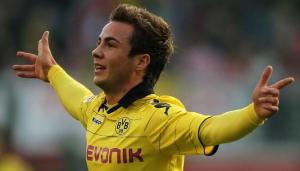
While Gotze might not have hit the ground running, he ended the season with 15 goals and 14 assists (the highest of any playmaker in Germany) in all competitions and two trophies to his name. More crucially, he had the right momentum heading into Brazil’s preparations for the World Cup.
At Brazil however, he was faced with a similar problem, in a similar form. Joachim Low’s 4-3-3 meant that the only role he could employ Gotze in, was on the wing. Despite being played often during the qualifiers, alongside Reus, it was the latter’s injury that forced the manager into re-shuffling. Kroos, Schweinsteiger and Sami Khedira formed a formidable midfield trio, whilst Mesut Ozil, Thomas Muller and Miroslav Klose supplemented them in attack. Gotze could’ve reasonably taken Ozil’s place, or replaced Klose and shifted Muller up front.
Low however didn’t deem him versatile enough, and relegated him to the bench. Gotze however, kept his head down, waited for his chance and scored when it counted the most. After replacing Miroslav Klose, Gotze went straight at the defence with marauding intention. His killer instinct is what Germany lacked throughout the game, as was aptly shown in the 117th minute when he volleyed home Andre Schurrle’s cross to send Germany into delirium.
The World Cup form carried on into the start of the Bundesliga season, as Guardiola began offering the diminutive midfielder more starts, and more importantly more freedom to move. The new season saw him play a more pivotal role, as he began to roam with freedom and strike with strength. Four braces, against Paderborn, Hoffenheim, Werder Bremen and Hamburg solidified Gotze’s place, slowly emerging as in displaceable.
The new season however, brought with it a substantial injury crisis, the likes of which the club had never seen. Franck Ribery and Schweinsteiger suffered injured ankles, Arjen Robben pulled his hamstring, David Alaba stretched his calf, and Robert Lewandowski wore a face mask. In light of this, one would naturally assume that Gotze would play a more important role in an injury torn Bayern team. Guardiola however had other plans, as he began to ply a 3-4-3 with Gotze only afforded a spot as a wide forward or wing back, none of which suited the natural no. 10.
Matters took a sour turn, as Munich legend, Franz Beckenbauer criticised the Dortmund native after the team’s 3-0 drubbing at the hands of Barcelona. He slated the german international for his lackadaisical approach, saying,
‘He behaves and moves around on the pitch like a youth player. He just stops moving when he loses a duel. This is the behaviour of a child.
This kind of behaviour does not fit in at Bayern. It is time for him to grow up.
‘He has shown at Dortmund what he can do and we know that he is a great talent. But there is still something missing.’
Whilst harsh on the superlatives, Beckenbauer’s critique wrings out an unfortunate truth in the modern game – the role of the playmaking no.10 is nearing an end.
As evidenced by Manchester United’s Juan Mata, Arsenal’s Mesut Ozil and Santi Cazorla, the archetypal no.10 has had to evolve in the modern game, in order to survive. More over, the emphasis on single pivot midfields, as opposed to having two defensive midfielders has greatly reduced the effectiveness of the no.10 playmaker.
While Ozil’s foray on the wings has not proved so successful, Cazorla’s conversion to a no.8 style midfielder, alongside Francis Coquelin, gave Arsenal a real silk and steel midfield duo, ensuring a 3rd place finish.
Gotze’s task ahead is as complicated as it is difficult. With the additions of Arturo Vidal, Douglas Costa, the attacking ranks of Bayern have been bolstered, and competition has increased. Gotze has to prove that he can offer more than what people expect. While his goalscoring contributions might warrant his place in the team, his goals have not come in the big games when they’re needed the most. A large number of them have come when Bayern have thrashed their opposition, or from the bench after the opponent has already been beaten.
With speculation that Juventus might launch a bid for him, Gotze seemed intrigued by the ides, citing
“I think that playing abroad might be a good experience, new languages, new cultures, I might like it!”
Yet, he was equally equivocal in his follow-up, stating
“I’m just at the early stage of my career, lets see what the future brings
While his words might imply that he’s open to testing out new waters, Gotze will nonetheless feel that he has a thing or two to prove at Bayern. Still the most expensive German in Bundesliga history, Gotze will have to adapt himself like he has never done before.
It’s a sad reality however, that playmakers like Gotze, Mata and the likes, are forced to adapt to situations that their abilities don’t suit. Such is the nature of the modern game, where being a one-trick pony simply does not suffice. Whether that ‘one-trick’ produces some sublime breathtaking football, is of little consequence (unless you’re Lionel Messi) as the modern game dictates modern approaches.
While football goes on to create better athletes, mechanical passers and clear-cut defined roles, it is imperative to keep the magicians alive. Gotze might not have reached the astronomical heights some predicted, but he still remains a lethal attacker with his best days still ahead of him. Whether or not Bayern fulfil his true potential, Gotze has to find a way to unleash himself, lest he fiddle off into obscurity, clinging on to one moment of World Cup delirium.



